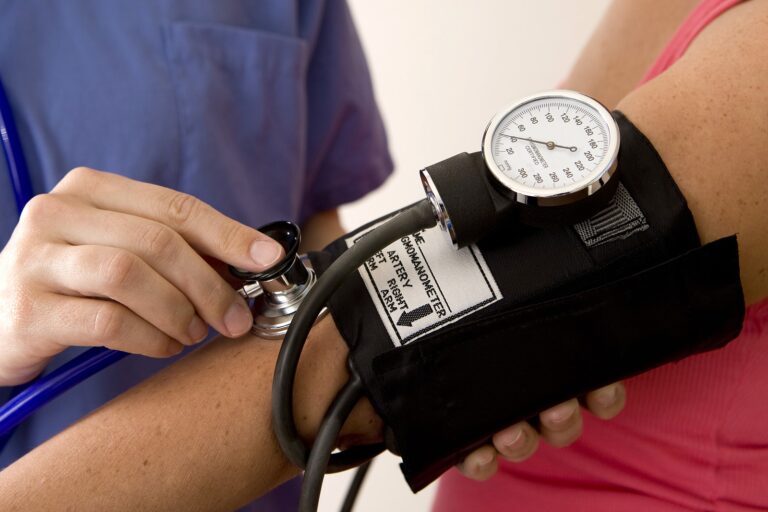
Seventy-five percent of people who have a stroke during their lifetime also have high blood pressure. One in five stroke victims also suffers from an irregular heart rhythm known as atrial fibrillation. Stroke can ultimately cause the death of brain cells, leading to death or a decreased quality of life.
While adopting a healthy lifestyle can discourage the formation of these heart conditions, treatment is necessary. If you have high blood pressure or an irregular heartbeat, treatment is critical to reduce your risk of stroke.
How Do High Blood Pressure and AFib Cause Stroke?
High blood pressure is the result of a force of blood pushing against the arteries at a higher than average rate. As time progresses, this can cause damage to the arteries, including those that lead to the brain. When a weakened blood vessel ruptures near the brain, it will inhibit the steady flow of blood and oxygen. This may eventually lead to a stroke.
Diseased arteries may also form blood clots or plaque buildup, causing further disruption of oxygen and blood flow to the brain.
Not only can high blood pressure lead to a stroke, but it is also a risk factor for developing atrial fibrillation. The irregular heart rhythm caused by AFib can cause blood to collect in the atria of the heart and form clots. If these clots break apart and travel to the brain, they can block the flow of oxygen and cause a stroke.
Why AFib Treatment is Crucial to Prevent a Stroke
Stroke is a leading cause of death in the U.S., and seeking treatment for your AFib is your first line of defense. Many strokes can be prevented through the early detection and treatment of AFib. Treatment for AFib focuses on correcting the abnormal signals in your heart that cause arrhythmia. By blocking these impulses, blood clots are less likely to form, resulting in a drastically decreased risk for recurrent stroke.
How To Reduce Your Risk of Stroke When You Have High Blood Pressure or AFib
Maintaining a healthy blood pressure is crucial for your heart health. There are many lifestyle changes that can help stabilize blood pressure. These include getting proper exercise, quitting smoking, and eating a reduced-salt diet with many fruits and vegetables.
Treatments for AFib focus on destroying the abnormal signals that cause the heart arrhythmia, resulting in a lower risk for stroke. Catheter ablation is a non-surgical procedure during which an electrophysiologist, or EP doctor, blocks abnormal signals causing the irregular rhythm.
Cryoablation is a minimally invasive procedure conducted by an EP doctor to restore the heart to a healthy rhythm. Cryoablation is an appropriate treatment for atrial fibrillation when medications and other AF treatments do not work.
The WATCHMAN device is a long-term alternative to drug therapy for atrial fibrillation. The WATCHMAN device is placed at the opening of the left atrial appendage to help reduce the risk of blood clots.
Whether you suffer from high blood pressure, AFib, or both, finding the right treatment is crucial in preventing stroke development. Are you or a loved one seeking treatment for atrial fibrillation? Schedule an appointment today with the electrophysiologists at Heart Rhythm Consultants.



